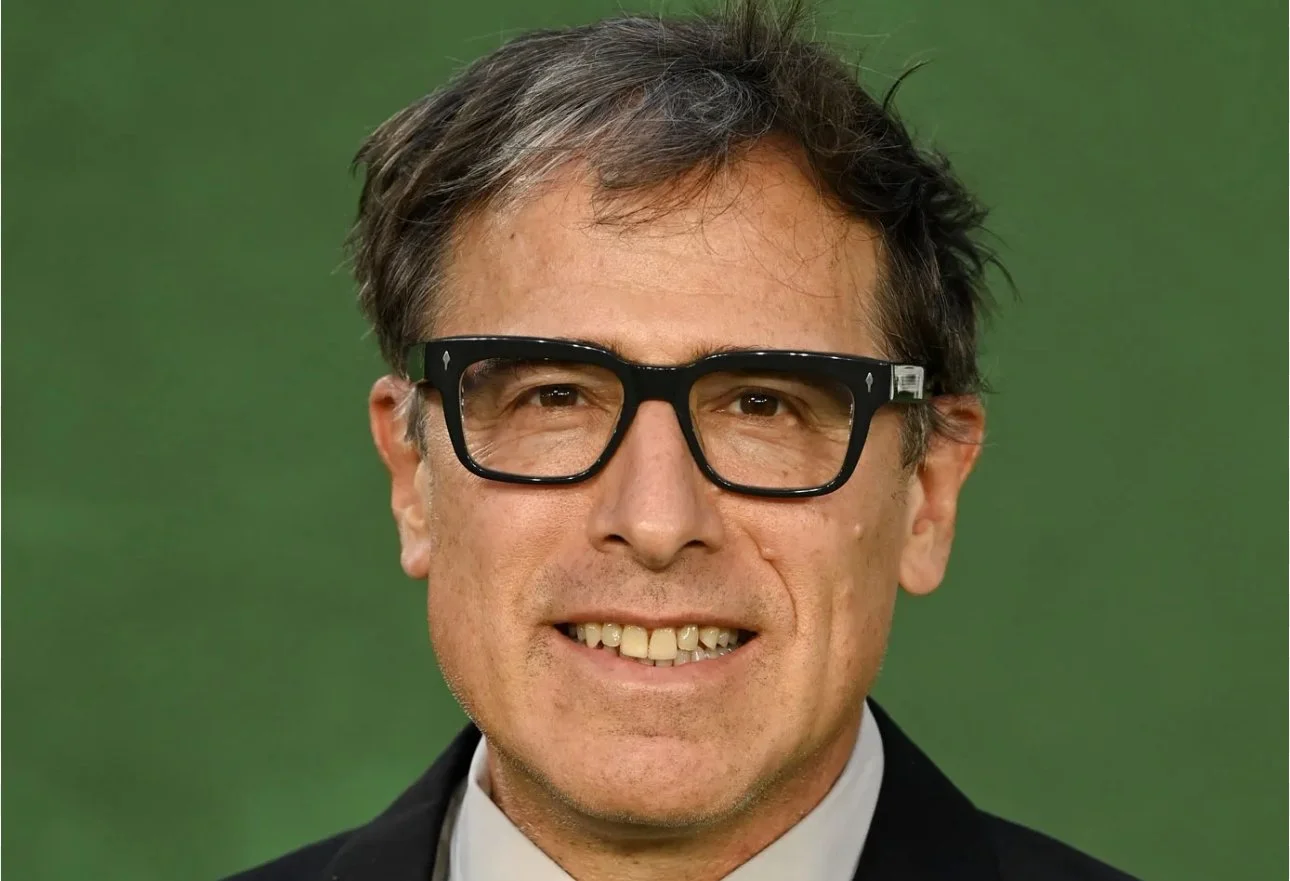Robert Zemeckis' "Cast Away" was a diverting affair, but it really hit its stride once Tom Hanks' FedEx executive Chuck Noland crashes his plane on the deserted island and the film turns into a near-wordless ode to loneliness. It really might be the boldest artistic move Zemeckis ever pulled off in his impressive 40 years career as a filmmaker.
Hanks' landmark one-man performance should have probably won him the Oscar that year, instead of Russell Crowe's still-remarkable turn in "Gladiator." Hanks had already won the statuette three times by then so, as these sorts of things usually go, politics got involved and most voters thought it was Crowe's time to win.
Hanks is mesmerizing in “Cast Away,” watching him try the simplest things to survive, such as attempting to break a coconut or sparking a fire, is riveting, hell he even brings emotional heft to his absurd friendship with a volleyball he named Wilson.
Cast Away's main criticisms lie in its last 30 or so minutes. It is understandable as to why it is such a polarizing final act, but people tend to forget that the film's trailer gave away most of the movie, including the ending. Yes, Hanks's Noland manages to leave the island, and, yes, he reunites with his newly married wife (Helen Hunt) but did we really need to know in the trailer? That sparked outrage before the film's release and it did eliminate a lot of the mystery that comes with a film such as this one (Does he survive? Does he get out of the alive?). It was a bewildering marketing move on the part of DreamWorks and something that still bothers me to this day.





